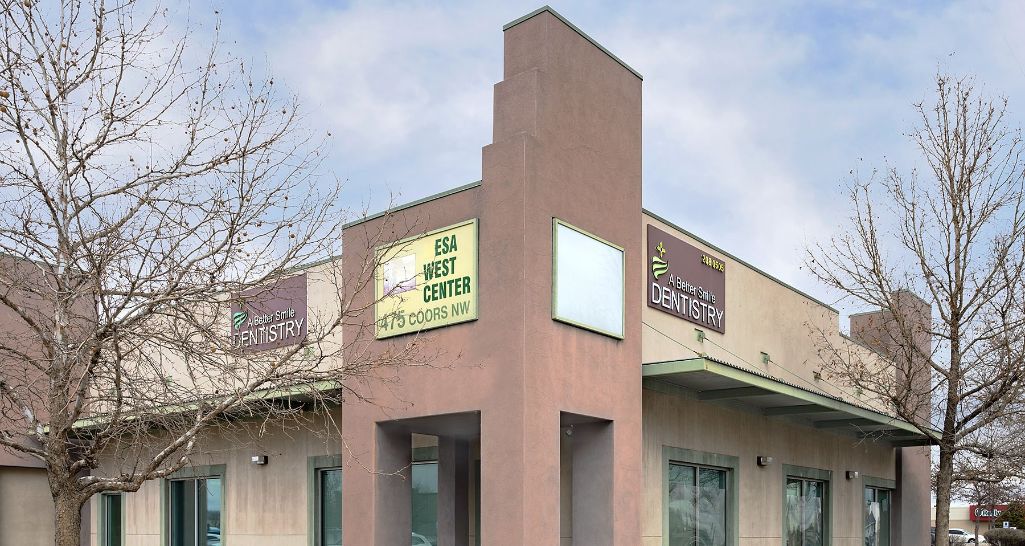Are you experiencing tooth pain or discomfort? Has your dentist mentioned the possibility of a tooth extraction? While the thought of having a tooth pulled may not be pleasant, sometimes it is necessary to protect your oral health. In this blog post, we will explore five common reasons why you may need a tooth extraction. From wisdom teeth causing overcrowding to severe decay or infection, understanding these reasons can help you make informed decisions about your dental care. So, let's dive in and discover when a tooth extraction might be the best solution for maintaining your beautiful smile!
Simply put, it is the removal of a natural tooth from its socket in the jawbone. This procedure is commonly performed by dentists or oral surgeons and may be necessary for various reasons.
While having a tooth extracted can seem daunting at first glance—rest assured that this procedure aims to alleviate pain or prevent more serious complications down the road. Your dentist will carefully assess your situation before recommending an extraction as part of your personalized treatment plan
Tooth extractions are a common dental procedure that involves removing a tooth from its socket in the jawbone. There are several reasons why you may need to have a tooth extracted, and it's important to understand the underlying causes.
Remember that every case is unique; only your dentist can determine if an extraction is necessary based on thorough examination and evaluation of your specific situation.
The procedure for a tooth extraction can vary depending on the complexity of the case, but here is a general overview of what you can expect during this dental procedure.
First, your dentist will numb the area around the tooth using local anesthesia. This ensures that you don't feel any pain during the extraction process. If multiple teeth need to be extracted or if they are impacted, your dentist may recommend general anesthesia so that you are completely unconscious and unaware of the procedure. Once you are numb and comfortable, your dentist will use specialized tools to loosen and remove the tooth from its socket. If necessary, they may need to make an incision in your gums to access the tooth properly. After extracting the tooth, your dentist will clean out any remaining debris from the socket and may place stitches if needed. They might also pack gauze into the empty space to help control bleeding.
It's important to note that every individual's experience with a tooth extraction can differ based on their unique circumstances. Your dentist will provide specific instructions for aftercare, which typically include avoiding certain foods or activities until healing occurs. Remember to follow these instructions carefully to ensure proper healing and minimize any potential complications.
In some cases, additional treatment such as dental implants or dentures may be recommended following a tooth extraction in order to restore function and aesthetics in your mouth.
While having a tooth extracted may sound intimidating initially, modern advancements in dentistry have made this procedure quite routine with minimal discomfort involved when performed by an experienced professional
Tooth extraction is a common dental procedure that may be necessary for various reasons. Whether it's due to severe decay, infection, overcrowding, or wisdom teeth complications, extracting a tooth can help alleviate pain and prevent further oral health issues.
While the thought of having a tooth extracted may seem intimidating, modern dentistry has made the procedure safe and relatively painless. With proper care before and after the extraction, you can ensure a smooth recovery process.
Remember to consult with your dentist if you experience any persistent tooth pain or discomfort. They will be able to assess your situation and determine whether a tooth extraction is necessary.
By understanding the reasons why you may need a tooth extraction and being proactive about your oral health, you can maintain strong teeth and gums for years to come. Don't neglect regular dental check-ups and hygiene practices – they are essential in preventing dental problems that could lead to extractions.
So take care of your smile – after all, it's one of your greatest assets!
MON - TUE 8:00 am - 5:00 pm
WED 10:00 am - 7:00 pm
THU 8:00 am - 5:00 pm
FRI 8:00 am - 3:00 pm
SAT - SUN Closed

0 comments